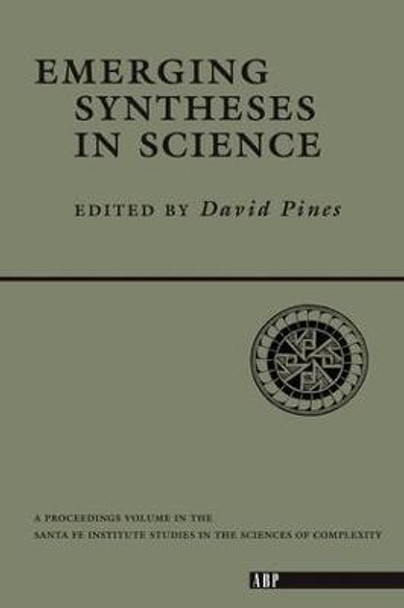Evolution of self-replicating macromolecules through natural selection is a dynamically ordered process. Two concepts are introduced to describe the physical regularity of macromolecular evolution: sequence space and quasi-species. Natural selection means localization of a mutant distribution in sequence space. This localized distribution, called the quasi-species, is centered around a master sequence (or a degenerate set), that the biologist would call the wild-type. The self-ordering of such a system is an essential consequence of its formation through self-reproduction of its macromolecular consti tuents, a process that in the dynamical equations expresses itself by positive diagonal coefficients called selective values. The theory describes how population numbers of wild type and mutants are related to the distribution of selective values, that is to say, how value topography maps into population topography. For selectively (nearly) neutral mutants appearing in the quasi- species distribution, population numbers are greatly enhanced as compared to those of disadvantageous mutants, even more so in continuous domains of such selectively valuable mutants. As a consequence, mutants far distant from the wild type may occur because they are produced with the help of highly populated, less distant precursors. Since values are cohesively distributed, like mountains on earth, and since their positions are multiply connected in the high-dimensional sequence space, the overpopulation of (nearly) neural mutants provides guidance for the evolutionary process. Localization in sequence space, subject to a threshold in the fidelity of reproduction, is steadily challenged until an optimal state is reached. The model has been designed according to experimentally determined properties of self-replicating molecules. The conclusions reached from the theoretical models can be used to construct machines that provide optimal conditions for the evolution of functional macromolecules.
About the AuthorDavid Pines is research professor of physics at the University of Illinois at Urbana-Champaign. He has made pioneering contributions to an understanding of many-body problems in condensed matter and nuclear physics, and to theoretical astrophysics. Editor of Perseus' Frontiers in Physics series and former editor of American Physical Society's Reviews of Modern Physics, Dr. Pines is a member of the National Academy of Sciences, the American Philosophical Society, a foreign member of the USSR Academy of Sciences, a fellow of the American Academy of Arts and Sciences, and of the American Association for the Advancement of Science. Dr. Pines has received a number of awards, including the Eugene Feenberg Memorial Medal for Contributions to Many-Body Theory; the P.A.M. Dirac Silver Medal for the Advancement of Theoretical Physics; and the Friemann Prize in Condensed Matter Physics.
Book InformationISBN 9780201156867
Author David PinesFormat Paperback
Page Count 250
Imprint Westview Press IncPublisher Taylor & Francis Inc
Weight(grams) 352g
Dimensions(mm) 227mm * 155mm * 15mm






